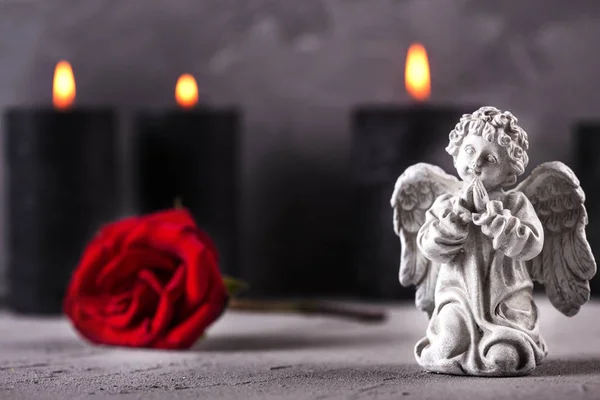Assisted Dying – A Tribute to My Cousin
Louise Riddle for Matakana Coast App
15 August 2025, 3:59 PM

One year ago, my dear cousin, who had just turned 65, chose to end her life through assisted dying. Yesterday, family and friends came together in her memory not in sadness, but in warmth, gratitude, and connection.
We shared stories, laughter, and moments that brought her presence vividly back to us. She was a nurse, a mother of four, and a grandmother to seven. Her gift was her ability to draw people together, and she did so one last time.

I wanted to share this personal journey with the Matakana Coast community because it was something I never imagined I would experience. It’s a subject many have asked about wanting to understand what it means, how it works, and what it feels like for those left behind.
My cousin had been diagnosed with lung cancer long before most of us knew. Having cared for many patients in their final weeks, she understood exactly what lay ahead. For her, assisted dying was not a political talking point or an abstract debate it was a deeply personal decision, made with clarity and conviction.
Her family walked alongside her in that choice, each in their own way. It wasn’t about what others might consider right or wrong. It was simply about what was right for her.
On the day her life ended, her family were gathered close around her. She was in good spirits. The day before, her sister who had been carefully administering her medication saw the pain intensify. My cousin could not imagine living through the suffering that lay ahead. Her decision was not about giving up, but about holding onto her dignity and sparing herself further distress.
Assisted dying became legal in New Zealand on 7 November 2021 under the End of Life Choice Act 2019, following a binding public referendum.
The law allows eligible adults to request medical assistance to end their life. To qualify, a person must:
- Be 18 years or older and a New Zealand citizen or permanent resident.
- Have a terminal illness likely to end their life within six months.
- Be in an advanced state of irreversible decline in physical capability.
- Experience unbearable suffering that cannot be relieved in a way they consider tolerable.
- Be able to make an informed decision about assisted dying.

The process involves multiple medical assessments, and a person can withdraw their request at any stage.
For some, this option offers comfort not only in knowing they may pass peacefully, but also in having control over their final moments. For others, it is not a path they would take. The law respects both perspectives by placing the choice entirely in the hands of the individual.

Remembering Her
My cousin approached her final days with courage, grace, and love. Her decision reflected the way she had always lived compassionate, thoughtful, and true to her values.
Yesterday, as we honoured her memory, we were reminded that a meaningful life is not measured only by its length, but by its depth and the bonds we share.
She left us with more than memories; she left us with an example of living and leaving with dignity, courage, and grace.

